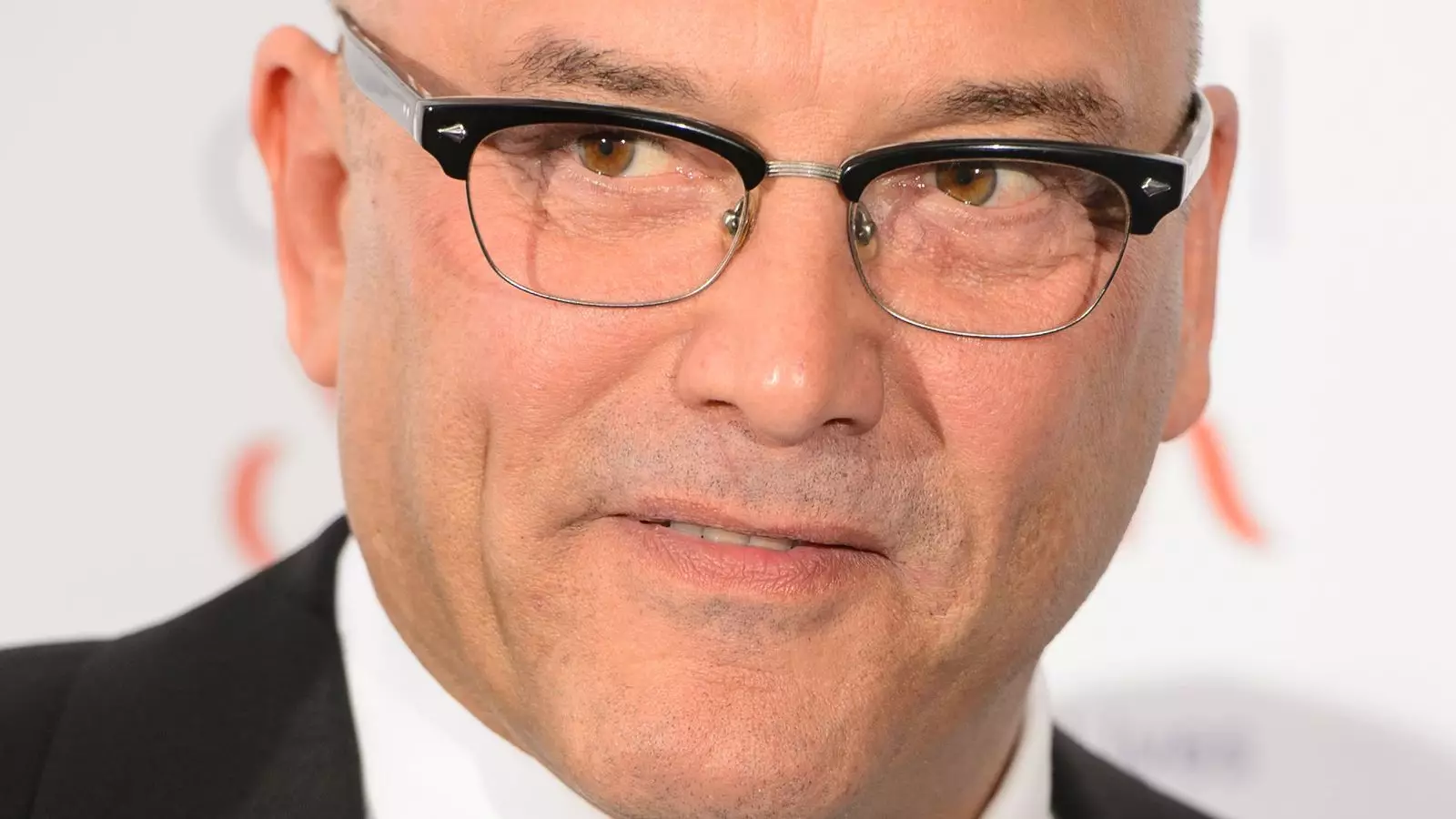The recent controversy surrounding Gregg Wallace’s departure from MasterChef underscores the perilous landscape of modern accountability, where personal regrets and alleged misconduct are scrutinized with relentless intensity. While society demands justice and respect, this case exemplifies how the line between acknowledgment and vilification can become dangerously blurred. Wallace’s public apology and denial highlight an important tension: the difficulty of navigating personal mistake, reputation, and the societal urge for outrage. It calls into question whether the current culture of cancelation fosters genuine growth or simply perpetuates humiliation, often at the expense of nuance and understanding.
The fallout exposes a broader societal phenomenon—how individuals, once embroiled in controversy, face immediate social exile, regardless of the complexity of their circumstances. Wallace’s insistence that he is “not a groper,” and his attempt to contextualize past behaviors, reflect a desire for fairness and proportionality. Yet, in the relentless climate of social media and sensational reporting, such complexity is frequently ignored. Instead, swift condemnations reinforce a dichotomy: either one is completely innocent or entirely culpable. This black-and-white portrayal diminishes the possibility for genuine redemption and hampers a society that should prioritize rehabilitative justice and empathetic dialogue.
The Melancholy of Personal Flaws in the Public Eye
Wallace’s emotional recounting of how the investigation impacted his family reveals a human side often lost amid controversy—his pain, shame, and fear. However, this vulnerability serves as a double-edged sword. While it fosters empathy, it can also be exploited to garner sympathy and shift accountability. Society’s fixation on publicly shaming figures of influence tends to overlook the fact that humans are inherently flawed, often acting in ways that conflict with societal norms. Recognizing this doesn’t mean excusing misconduct but rather understanding that accountability should encompass nuance, compassion, and an earnest pursuit of change.
The comparison Wallace makes to notorious figures like Jimmy Savile and Huw Edwards—who are linked to dark allegations—risks trivializing genuine grievances and distracts from the core issues at hand. Equating personal faults with heinous crimes diminishes the seriousness of such allegations and risks undermining the overarching integrity of investigations. Society must be cautious not to conflate different scales of misconduct, as doing so risks eroding trust in the justice process and collapsing meaningful distinctions that protect victims while respecting due process.
Autism, Public Perception, and the Dangerous Dynamics of Stigma
Wallace’s attribution of some past behaviors to his autism introduces a critical dialogue about neurodiversity and societal perception. While advocating for understanding is necessary, this framing risks being weaponized to justify or excuse behaviors that may be inappropriate or offensive. Autism is often misunderstood, and equating it with problematic conduct can inadvertently entrench stigmas, making it more difficult for neurodiverse individuals to be treated with fairness and respect.
Moreover, this line of reasoning underscores the dangerous tendency in society to use neurodiversity as a shield against genuine accountability. While individuals with autism deserve understanding, they are not exempt from societal norms that promote respectful interactions. Society must strike a balance: fostering awareness and acceptance without invalidating concerns about boundaries and consent. It is only through open, honest, and nuanced conversations that progress can be made in creating a more inclusive, yet responsible, public discourse.
Citizenship, Social Trust, and the Future of Public Discourse
The incident involving Wallace prompts vital questions about how society rebuilds trust in public figures after misconduct allegations. Isolation and disillusionment have become common responses, with individuals retreating into disguises or withdrawal due to fear of judgment. This reflects a broader crisis in social cohesion, where accountability often devolves into spectacle and alienation rather than growth and understanding.
Society must recognize that rehabilitation, whether personal or professional, is essential for a healthy democracy. But this requires more than dismissive outrage—it demands institutional structures that support learning from mistakes, accountability, and human dignity. Moving forward, public discourse should prioritize compassion, fairness, and proportionality, ensuring that accusations do not permanently tarnish a person’s entire life without due process. Only then can trust be restored in a society that values justice and empathetic understanding over the rush to condemn.


Leave a Reply